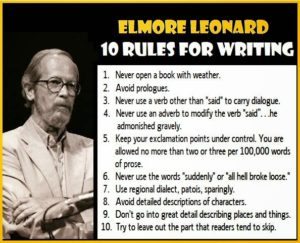This article by Jay Greene originally appeared on The Seattle Times on 4/8/15.
Amazon.com sued three websites it accuses of purveying fake reviews, demanding that they stop the practice.
The suit alleges that the glowing product evaluations they provide deceive consumers and harm the sellers on Amazon’s site who don’t game the system.
The suit, filed Wednesday in King County Superior Court, accuses Jay Gentile of California and websites that operate as buyamazonreviews.com and buyazonreviews.com, among others, of trademark infringement, false advertising and violations of the Anticybersquatting Consumer Protection Act and the Washington Consumer Protection Act.
“While small in number, these reviews threaten to undermine the trust that customers, and the vast majority of sellers and manufacturers, place in Amazon, thereby tarnishing Amazon’s brand,” according to the suit.
The site buyazonreviews.com, which the suit claims is run by Gentile, didn’t respond to a request for comment. But Mark Collins, the owner of buyamazonreviews.com, denied Amazon’s claims.
Read the full article on The Seattle Times.


